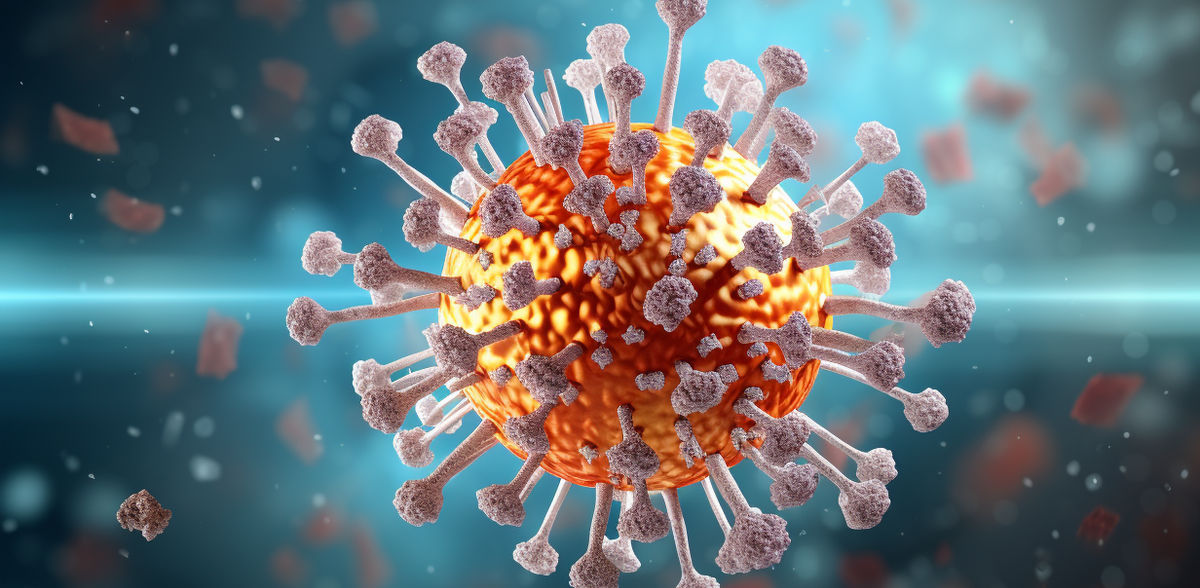Innovative corona vaccine developed
New vaccine technology could protect from future Coronaviruses and variants
Studies of a ‘future-proof’ vaccine antigen candidate have shown that just one antigen can be modified to provide a broadly protective immune response in animals, suggesting that a single vaccine with combinations of these novel antigens could protect against an even greater range of current and future coronaviruses.
This new vaccine antigen technology, developed in a UK funded Consortium led by the University of Cambridge with support of University of Regensburg (UREG) and DioSynVax LTD, a spin-out of Cambridge University, provided protection in several animal models against all known variants of SARS-CoV-2 – the virus that causes COVID-19 – as well as other major coronaviruses, including those that caused the first SARS epidemic in 2002.
The vaccine candidate is based on a single digitally designed and immune optimised antigen developed by the Cambridge based Biotech DioSynVax LTD and targets parts of the viral spike protein that are required for infection. Even though the vaccine was designed before the emergence of the Alpha, Beta, Gamma, Delta and Omicron variants of SARS-CoV-2 in 2020, it provided a strong protection against all of these and against more recent variants, suggesting that vaccines developed within this consortium may also protect against future SARS-CoV-2 variants. The results are reported in the journal Nature Biomedical Engineering.
The coding sequence of the DioSynVax antigen was drafted pursuing design rules originally developed in Prof. Wagner’s research team at UREG to ensure high level of antigen production following vaccine delivery: vaccines were administered as a DNA immunogen (provided by Prof. Wagners team, UREG), via weakened version of a poxviral vaccine vector (generated by the Wagner team and manufactured by ProBiogen AG, Berlin, Germany), and as an mRNA vaccine (together with Ethris GmbH, Munich, Germany).
Since the SARS outbreak in 2002, coronavirus ‘spillovers’ from animals to humans have been a threat to public health, and require vaccines that provide broad-based protection. “In nature, there are lots of these viruses just waiting for an accident to happen,” said Professor Jonathan Heeney from Cambridge’s Department of Veterinary Medicine, who led the research. “We wanted to come up with a vaccine that wouldn’t only protect against SARS-CoV-2, but all its relatives.”
“We were more than pleased to critically contribute to this project”, said Prof. Ralf Wagner, University of Regensburg. “Current vaccine-updates are based on a specific virus variant that occurred in the past, but ideally, our design capabilities and vaccine strategies anticipate virus evolution and potential spillovers to provide broadest possible protection from infection or, at least, severe disease.”
Based on the efficacy data generated in the various animal models and the strong safety profile the "first-in-human" clinical trials are ongoing in the UK.
Original publication
Something is happening in the life science industry ...
This is what true pioneering spirit looks like: Plenty of innovative start-ups are bringing fresh ideas, lifeblood and entrepreneurial spirit to change tomorrow's world for the better. Immerse yourself in the world of these young companies and take the opportunity to get in touch with the founders.


















































